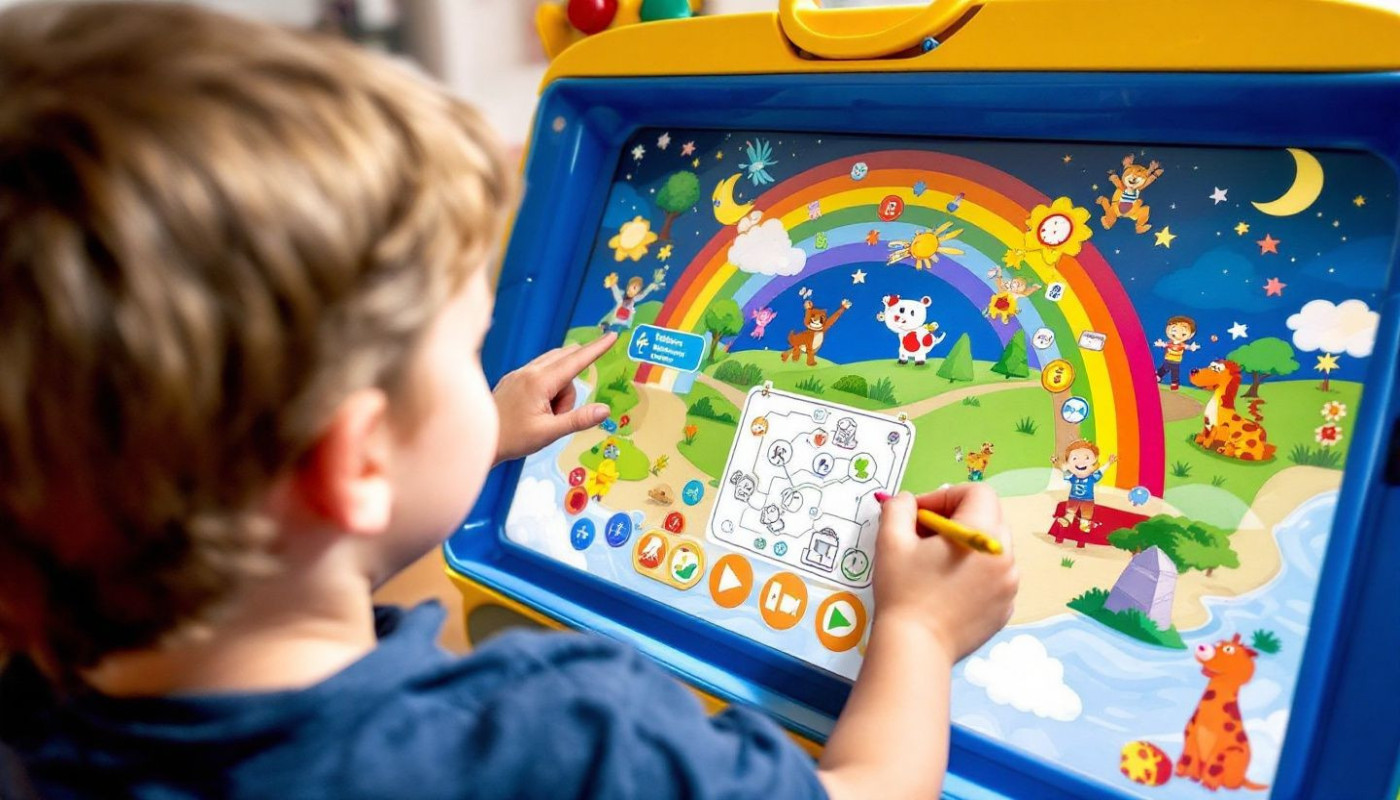Table of contents
Unlocking a child’s potential is often influenced by the environments in which they grow and learn. Structured environments play a pivotal role in shaping various aspects of child development, fostering not only cognitive growth but also emotional and social well-being. Delve into the following sections to gain insights into how thoughtfully organized spaces and routines can lay the foundation for lifelong success.
The role of routine in growth
Within structured environments, daily routines play a foundational role in fostering robust child development. Consistency in scheduling provides children with a clear framework, promoting predictability and emotional security. When children know what to expect from their day, their anxiety diminishes, allowing cognitive resources to focus on exploration and learning. This sense of stability acts as scaffolding, supporting the progression from basic to more complex skills. Research conducted by developmental psychologists demonstrates that children exposed to regular daily routines experience enhanced developmental outcomes, particularly in emotional regulation and academic performance. Studies published in prominent journals indicate that structured environments featuring well-established routines equip children with tools for self-control and adaptability, which are essential for navigating social and academic settings. In addition, such environments help foster independence, as children internalize the patterns provided by routine and begin to organize their own actions accordingly. The connection between daily routines and improved emotional security is consistently highlighted in empirical findings, underscoring the value of routine as a cornerstone in optimal child development.
Social skills and peer interaction
Structured environments play a significant role in shaping social skills and fostering peer interaction, which are foundational elements of child development. Within these settings, guided group activities and cooperative play provide opportunities for children to engage with peers in meaningful ways, allowing them to practice communication, empathy, and conflict resolution. Set boundaries established by adults help create a predictable framework where children understand expectations, facilitating positive social exchanges and reducing disruptive behaviors. Research consistently demonstrates that children exposed to structured environments are more likely to develop higher levels of social competence, forming successful peer relationships that contribute to emotional well-being and academic success. Such environments encourage children to collaborate, negotiate, and support one another, reinforcing the importance of cooperative play in nurturing essential social skills for lifelong interpersonal success.
Supporting cognitive milestones
Structured environments are recognized for their role in advancing cognitive development during child development, as they provide a setting where executive function skills can flourish. Organized educational activities, supported by a consistent routine and clear expectations, help children improve memory retention, strengthen attention spans, and develop effective problem-solving strategies. Educational psychologists highlight that when children participate in engaging curricula within structured environments, they are more likely to reach cognitive milestones at a steady pace. These practices ensure that learning outcomes are optimized, as the structure allows children to focus, understand sequential tasks, and build on prior knowledge with confidence.
Research in educational psychology consistently demonstrates that children thrive cognitively when immersed in well-planned educational activities that stimulate executive function. Through structured environments, children experience a predictable framework that reduces anxiety and clarifies behavioral expectations, crucial for maximizing learning outcomes. Numerous studies underline the connection between structured routines and improved cognitive development, with benefits extending to emotional growth as well. For instance, Our site explores how Montessori education, with its emphasis on structure and autonomy, supports not only cognitive but also emotional resilience in children, making it a valuable resource for understanding the holistic impact of structured environments on child development.
Emotional well-being and resilience
Structured environments play a pivotal role in fostering emotional well-being and resilience in child development. The presence of routines and clearly defined boundaries promotes affect regulation, which refers to a child's ability to manage and respond to emotional experiences. Consistent routines provide predictability, allowing children to anticipate daily events and reducing uncertainty that can lead to anxiety or stress. Clear boundaries are similarly beneficial, offering children a framework for understanding expectations and consequences, which supports adaptive coping strategies. Attachment theory and Bronfenbrenner's ecological systems theory offer valuable insights into how structured environments contribute to emotional stability; both highlight the significance of consistent, supportive contexts for the development of self-confidence and healthy emotional responses.
Empirical evidence suggests that children raised within structured environments exhibit stronger resilience when facing change or adversity. This resilience stems from repeated exposure to routines, which help children internalize problem-solving skills and adaptive behaviors. Research indicates that these children are better equipped to handle stress, as they are more likely to have experienced supportive guidance in navigating challenges. The combination of stable routines and clear boundaries has been linked to reduced behavioral issues and enhanced emotional well-being, further underscoring the vital connection between environmental structure and healthy child development. For adults seeking to optimize child development, prioritizing structured environments is an effective strategy for nurturing both emotional well-being and resilience.
Challenges and adaptability
Children in highly structured environments often encounter hurdles that can influence their overall development. One common issue relates to a decline in creativity and autonomy, as rigid routines and tightly controlled learning structures may limit opportunities for independent thought and self-expression. This lack of flexibility can impact cognitive flexibility, which is a key component of adaptability and problem-solving skills. Research in developmental education shows that structured environments, while offering predictability and security, sometimes inhibit the natural development of innovative thinking and decision-making abilities in children.
Supporting adaptability in these settings involves intentional integration of flexible learning structures that allow room for choice, open-ended exploration, and reflection. Practical strategies include incorporating project-based learning, offering variable pathways to complete tasks, and encouraging group discussions that value diverse perspectives. Balancing necessary structure with unstructured or semi-structured activities helps foster both discipline and creativity, supporting optimal child development. By prioritizing environments that encourage both structure and self-directed learning, caregivers and educators can nurture children’s adaptability, promoting resilience and cognitive flexibility essential for lifelong learning and well-being.
On the same subject


Understanding the microbiome's role in health and disease the potential of probiotics and prebiotics

